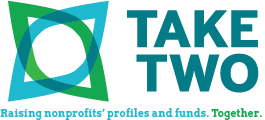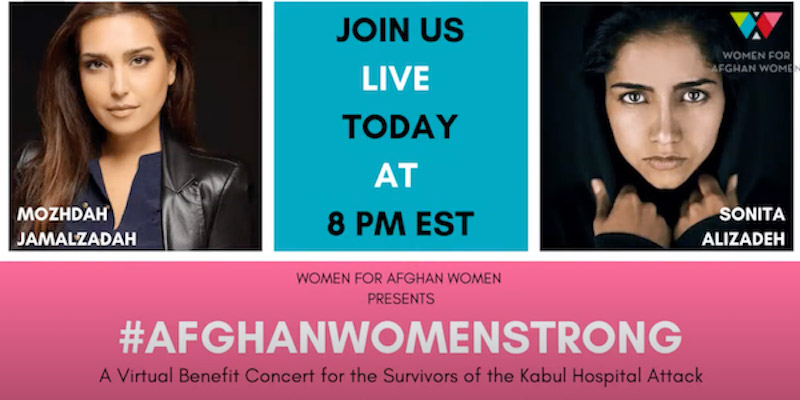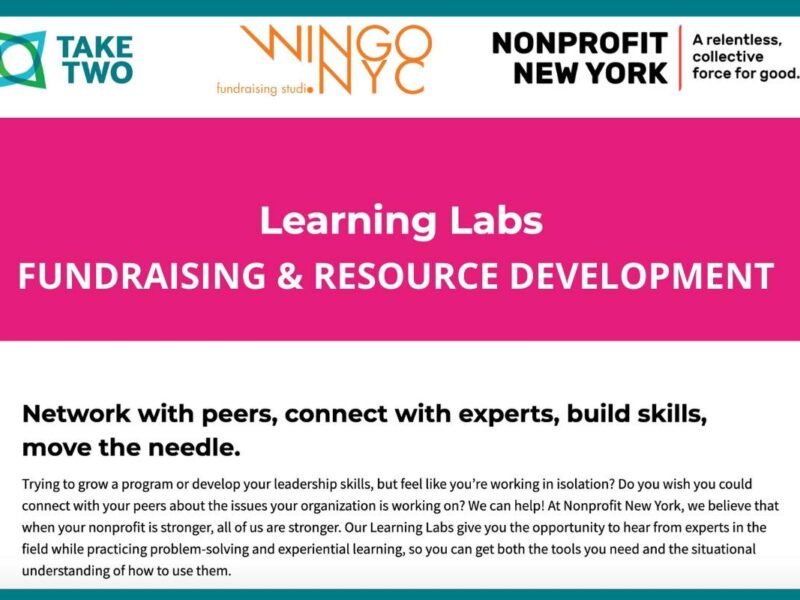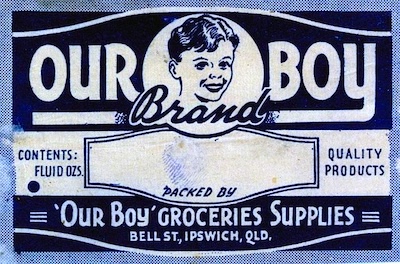
Ongoing Learning – Just an Email Away
Practicing the art of ongoing learning throughout your lifetime seems to be one of the harder things to do – that is why our grandparents are still convinced a second depression is on its way, gold is sure to replace the dollar some time soon, and the 50s were everyone’s or anyone’s best decade. The older we get, the harder it seems to make time to learn something new – to be open to new ways of doing things, new generations, and new outlooks on life. Many say the key to staying young – young at heart, that is – is mastering the art of ongoing learning.
But, what does ongoing learning mean for a development professional?
Well, for one, it means knowing about all kinds of things that may not be in our comfort zone. Such as the newest technology available to nonprofits – the newest crowd funding tools, the most effective ways to use social media for fundraising, the best donor management databases.
It also means being knowledgeable about the work your organization does – what is going on in the community around this work? What is going on nationally and internationally? What are the challenges your colleagues face? What are their successes?
On top of all this, it means being sensitive and somewhat knowledgeable about the lives of your donors – are they impacted by the recession? What does their work entail and what does their expertise mean for your organization? Have they been impacted by the trend of reduced bonuses? Will new tax regulations impact their giving?
In other words, ongoing learning for a development professional means knowing a lot. And that thought can be overwhelming. My best advice for tackling the fine art of ongoing learning is this: know just enough.
Know that there are new tools out there to help us do our job. Know what some of them do. Keep your eye out for news on issues related to your organization’s mission. Know a little about what is going on with your donors – that means being sensitive about economic crises; reduced bonuses; and changes in tax codes and regulations.
And then, most importantly, recognize that being knowledgeable means knowing who to call within your network to get the answers to these questions! Stay close and tight with your communications person on staff – partner with them to explore using the new tools available to you. Stay close and tight with your program staff. Have them pass along articles they feel will boost your knowledge on the issue you are supposed to be able to write and talk about at length. Stay close and tight with your Board Treasurer, and/or Financial Administrator/Accountant. Ask them questions to help you be a resource to your donors.
Do what we development folks do best – use your networks to help you navigate all the different worlds that effect our work. Understanding this – and practicing this – is the best way to reduce the stress that comes along with having to know something about everything! Knowing that the answer to my latest question is just an email or phone call away is relief enough for me.





